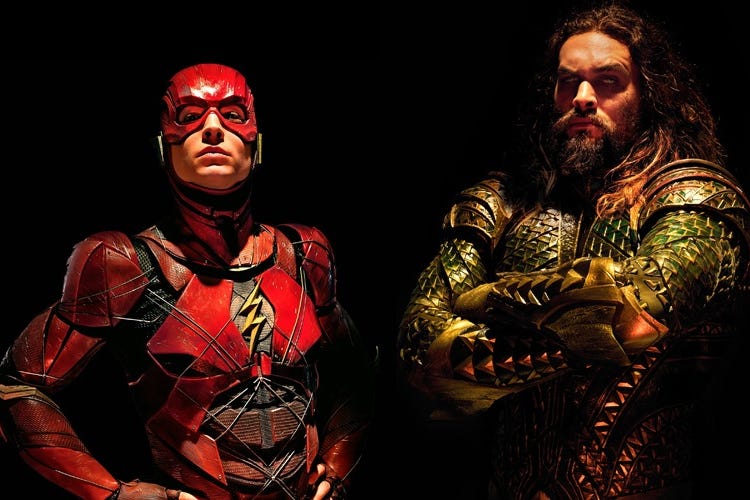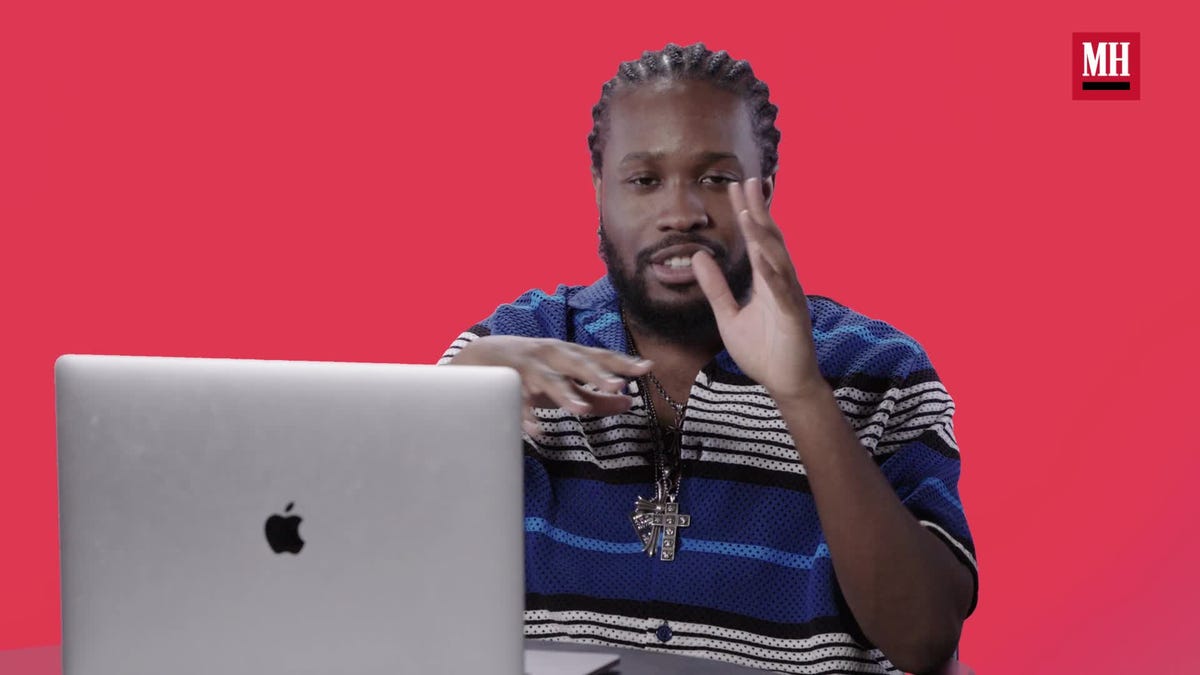The following story contains spoilers for The Flash (2023).
IT’S NOT exactly going out on a limb to say that most contemporary superhero movies are following a formula. Some are better than others, sure. Some do things stylistically that other’s wouldn’t have thought of or even dreamt of, sure. But when 95% of the projects in a certain genre are including, essentially the same thing—cameos, easter eggs, teases for the future, etc—there’s no denying that the impulse to fit those things in is just an arbitrary one. It’s done because the people making it feel like they have to do it.
Perhaps nothing falls more into that category for a superhero movie than the credits scene. The Marvel Cinematic Universe revolutionized the credits scene, particularly, in its early phases, when the credits scenes really truly were leading to something exciting that was just on the horizon. The first Iron Man introduced Samuel L. Jackson as Nick Fury and the literal idea of the Avengers, for example. (Marvel today uses these scenes to introduce characters like Harry Styles’ Eros and Brett Goldstein’s Hercules who genuinely seem like they may never appear on screen again).
But if you’re a superhero with an unknown future and nothing to set up—like the DC Universe right now, currently in a transitional era when it comes to leadership—does the credits scene even have a purpose? The Flash ends with its titular hero in an unknown alternate timeline/universe where some things are what he’s used to, and other things (like Bruce Wayne now being Batman & Robin star George Clooney) are quite different. One thing is clear: he’s not in the “main” DC Universe anymore.
And yet when the credits end, here we are, watching The Flash (Ezra Miller) converse with Arthur Curry/Aquaman (Jason Momoa). Aquaman and the Lost Kingdom is due out later this year, but this scene gives no specific indication of an adventure incoming. It’s not likely that Lost Kingdom engages with the running Snyder-verse story in the same way that The Flash does, so perhaps this is just a little wink to audiences: keep Momoa in the back of your mind, because he’s got one more adventure coming up before we fully reboot this thing.
Anyway. Let’s get a bit deeper into it, shall we?
Does The Flash have a credits scene?
The Flash does indeed have a credits scene—and it comes at the very end of all the credits. You’ll have to be patient in your seat to see it.
How many credits scenes does The Flash have?
Only one! The Flash bucks the trends that most superhero movies have adapted of having a credits scene both in the middle and end of the closing credits, opting for just one credits scene at the very end.
What happens during The Flash credits scene?

After the movie’s ending found Barry in yet another altered timeline/different universe where his mother is still dead but his father was at least able to be exonerated from being charged with murder (and, you know, George Clooney is Bruce Wayne), the credits scene picks things up not long after—and it’s looking pretty clearly like Barry has decided to stay.
The credits scene finds a very, very drunk Aquaman/Arthur Curry (Jason Momoa) walking out of a bar alongside Barry—who cannot get drunk, he reminds us, because of his hyper-fast metabolism. Barry explains his travels to Arthur; that while Bruce Wayne looked different every step of the way, he was always the same. Well, outside of the time he didn’t exist at all because his father decided to adopt dogs instead.
Arthur then passes out face-first in a puddle and flips Barry a ring, telling him to pawn it off and use the money to get him another drink. And that ends that scene. Not exactly a compelling tease for Aquaman and the Lost Kingdom, due out in December as possibly the final film of the DCEU’s slate, but at least it’s Aquaman, and guess what, he’s up next!
What we’re left to wonder, here, though, is… if Barry is living in this universe, is there another Barry out there just like there was when he went to Michael Keaton’s universe? If not, does that mean that it’s the same universe, but for some reason a minor change turned Ben Affleck into George Clooney? Has the Batman and Robin-verse merged with the Snyder-verse? We will likely never know the answer.
If this is the universe/timeline where Aquaman and the Lost Kingdom would take place, that could actually help to make the long-running rumor—that Jason Momoa will become the anti-hero bounty hunter Lobo in Gunn’s DCU—a reality, as that will take place in an entirely different universe/timeline. Really, who knows? But it’s worth taking a stab in the dark.


Evan is the culture editor for Men’s Health, with bylines in The New York Times, MTV News, Brooklyn Magazine, and VICE. He loves weird movies, watches too much TV, and listens to music more often than he doesn’t.
Note: This article have been indexed to our site. We do not claim legitimacy, ownership or copyright of any of the content above. To see the article at original source Click Here













